Roman Bystrianyk previously spoke to me about why no vaccine, ever, has been either safe or effective.
This time, he chatted to me about why disease 'outbreaks' were not because of viruses.
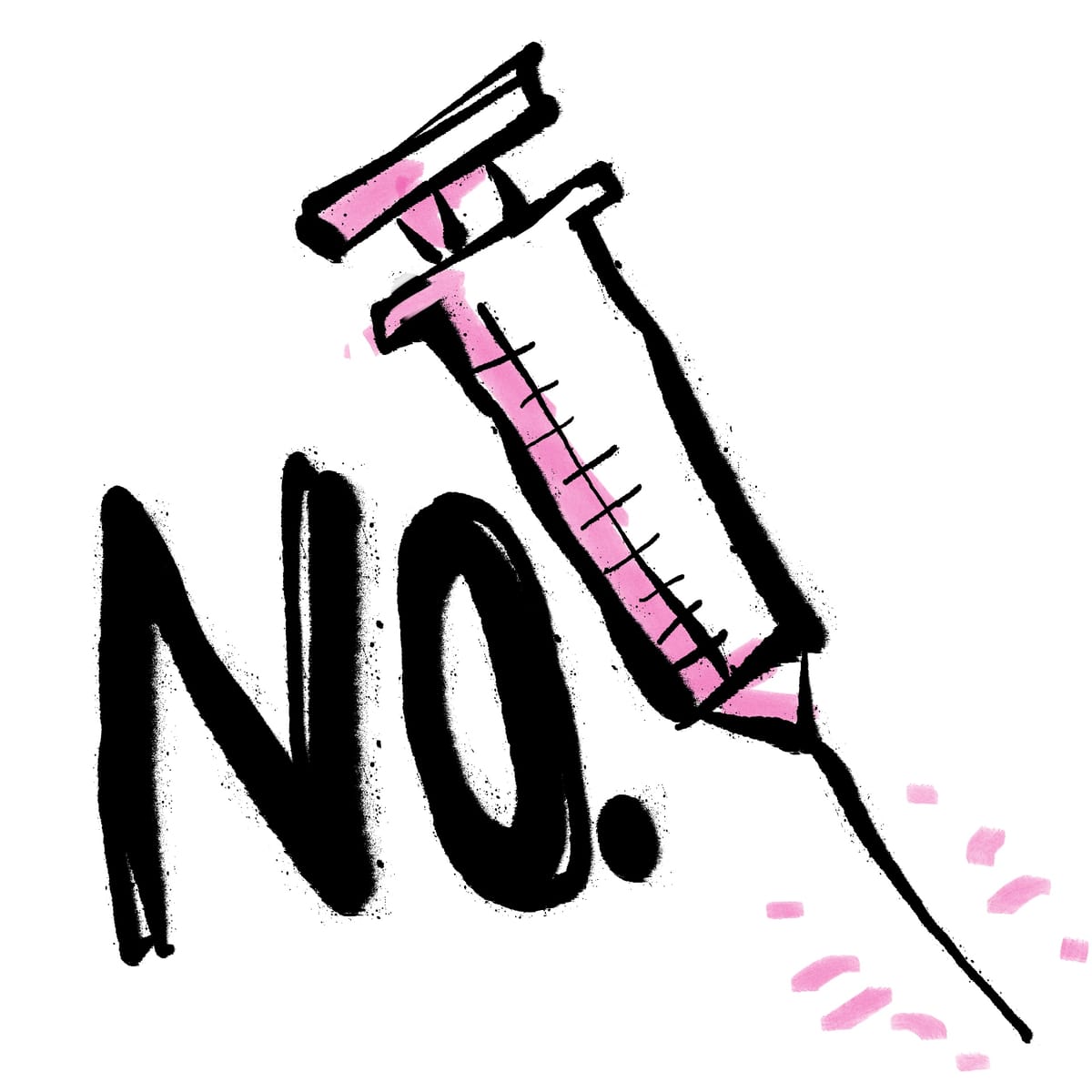
He co-authored a book called Dissolving Illusions, which utterly red-pilled me on vaccines. I no longer believe in the efficacy of any vaccine.
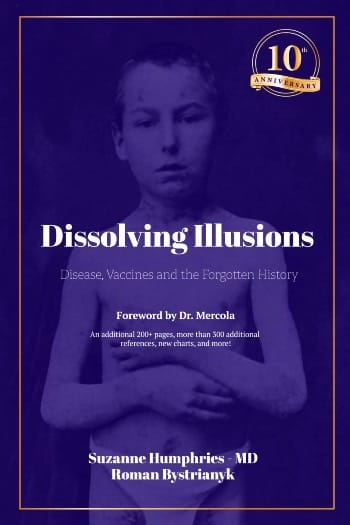
Vaccination is a barbarous practice—it’s toxic to the body and has never stopped a single epidemic.
— Eleanor McBean, 1918 Spanish flu survivor
Revisionism is important
Most of what we think we know is most likely false. After all, the majority of all peer-reviewed science is junk anyway.
I’ve realised being dogmatic gets us nowhere. It’s far better to ditch the hubris and face the possibility—heck, the probability—that academia, the media, and governments are pulling the wool over our eyes, whether they mean to or not.
The historian’s duty is to revise ceaselessly—every generation must question the past, or we’re just parroting myths.
— Eric Hobsbawm, historian
Summary
The book looks at diseases like smallpox, measles, and whooping cough in Britain, the US, and other places, showing that death rates were already falling sharply before vaccines came along.
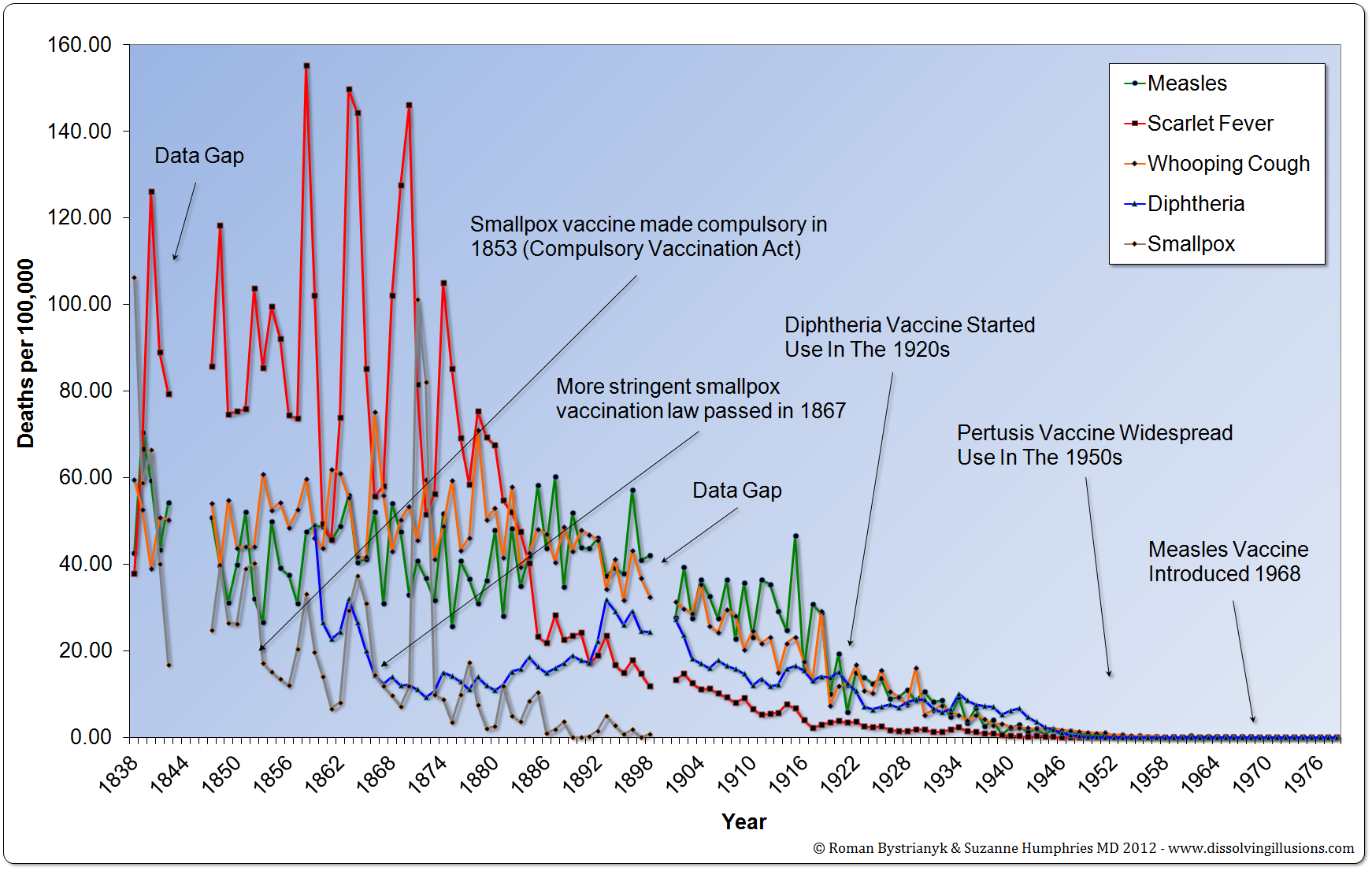
For example, in England, smallpox deaths dropped by over 90% between the mid-1800s and the early 1900s.
Why?
It wasn’t because of medicine.
It was because of improved living conditions.
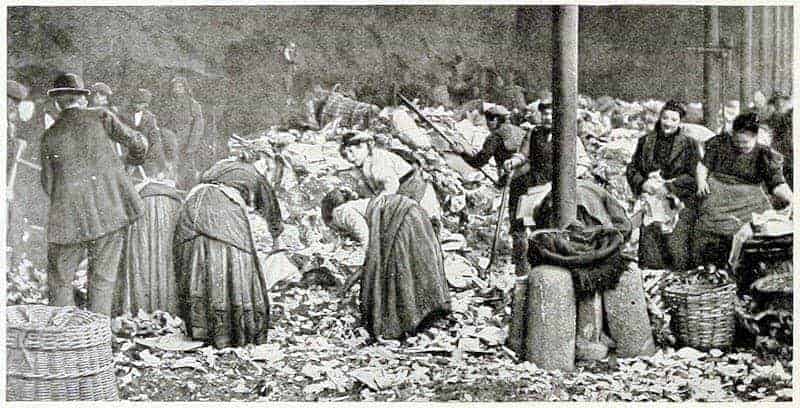
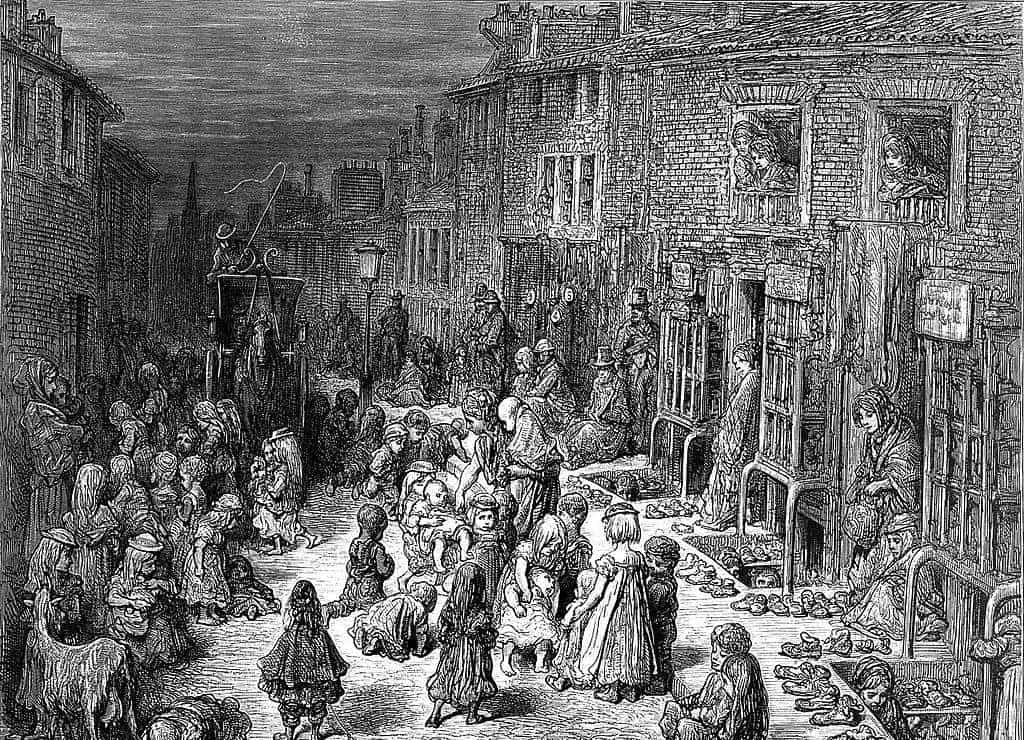
Imagine living like this
In the 1800s, British cities were filthy—sewage ran in streets, water was dirty, and people lived packed together.
Diseases 'spread' easily.
Then came big changes: proper sewers were built, rubbish was cleared, and clean water systems were set up.
Bingo.
'No disease was spreading between individuals'
For instance, after London improved its water supply in the 1850s, cholera outbreaks nearly vanished. Many families were poor, hungry, and cramped in dark, damp homes.
As food got better—more fresh meat, milk, and vegetables—people’s health improved.
No disease was spreading between individuals; it was the environment (and vaccines) making people sick.
Over 140 years ago, Dr. Henry Littlejohn observed how important FEAR is in the manifestation of disease. He found it wasn’t about a virus or bacteria as much as you FEAR of it. His 25 years of experience with his staff found if you weren’t afraid of the disease, you didn’t get… pic.twitter.com/J1khjTIeek
— Roman Bystrianyk (@RBystrianyk) August 17, 2024
Infectious disease is a myth—no one’s ever isolated a virus that spreads sickness; it’s all a medical lie.
— Stefan Lanka, biologist







